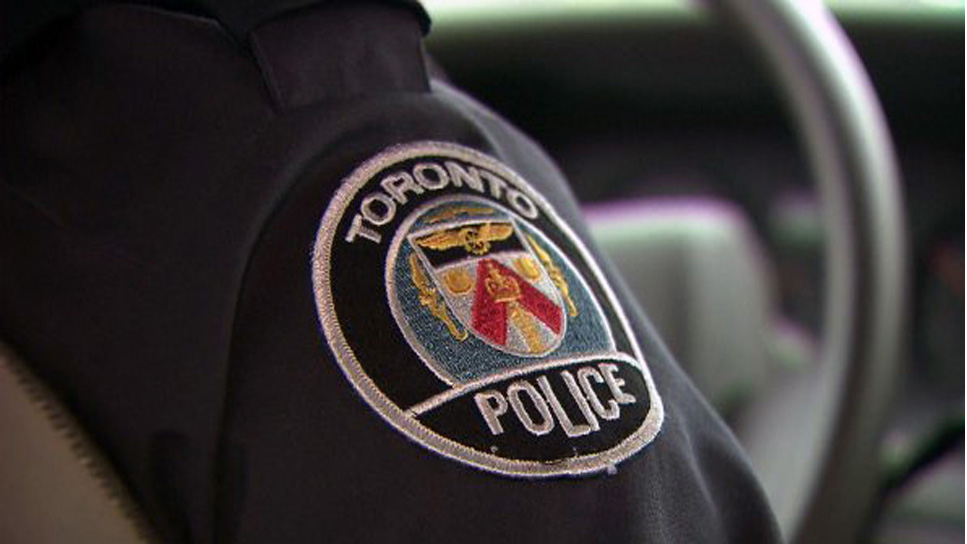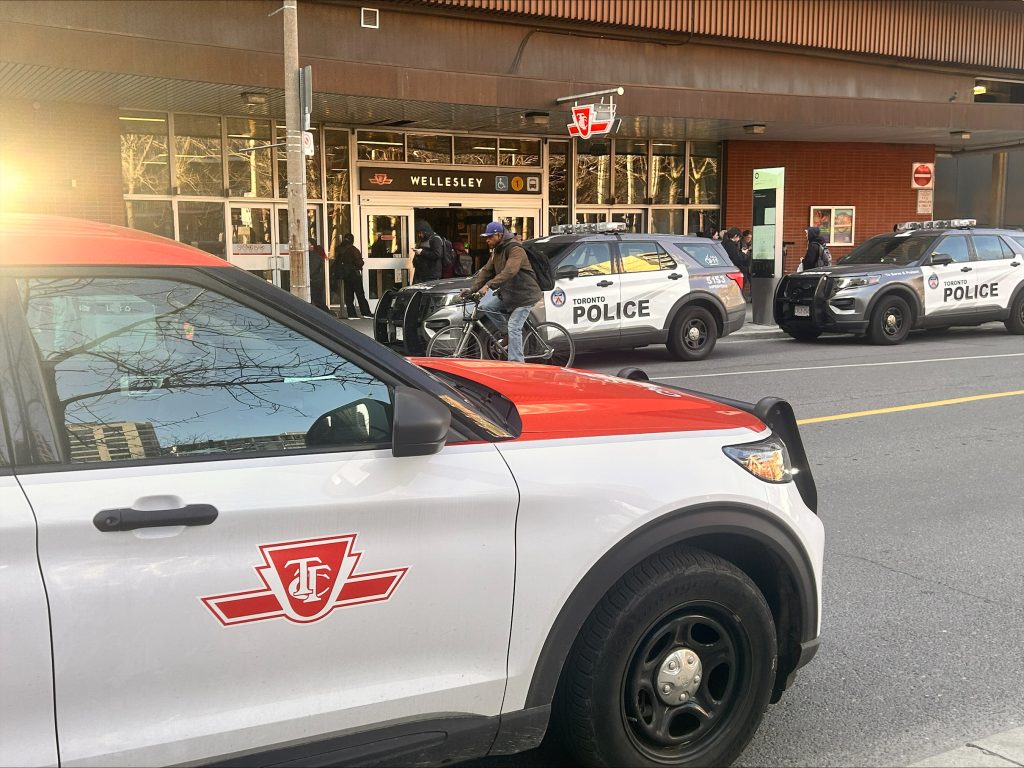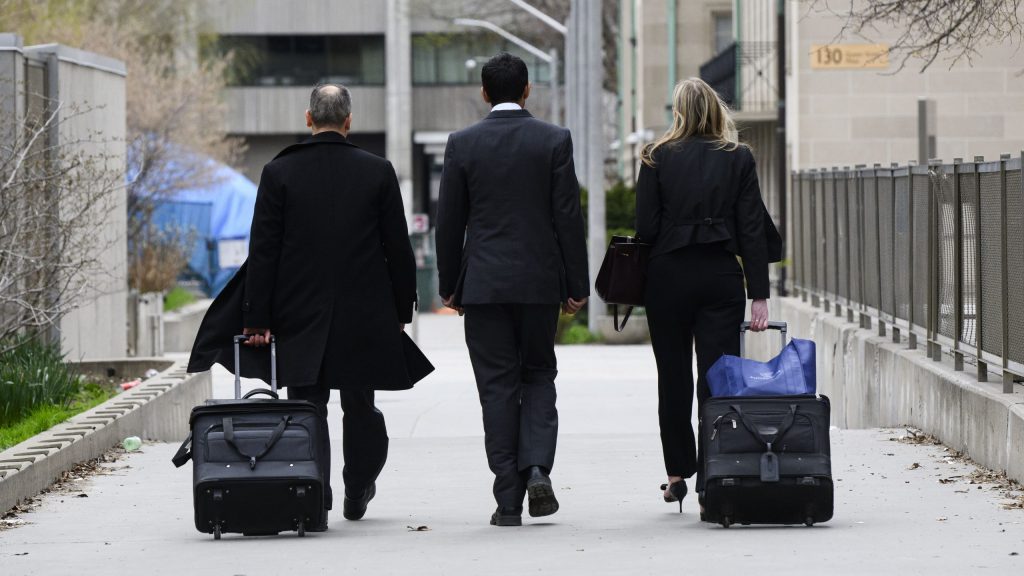1st COVID-19 vaccine recipients say it’s history made for Filipino-Canadians

Posted December 18, 2020 3:48 pm.
Three of the first five people to receive the COVID-19 vaccine in Canada were Filipino-Canadian, a moment significant to the Filipino community, who for decades has played a major role in the nation’s healthcare system.
About one in every 20 caregiving professionals in Canada are Filipino and with frontline workers the first to receive the COVID-19 vaccine, it’s no surprise they played a large role in the historic inoculations.
Registered practical nurse Lucky Aguila received the shot on Monday at the University Health Network. He began working at The Rekai Centres on Sherbourne Street back in May when the long-term care home was still in an outbreak.
“We worked double shifts, sometimes going to 24-hours just to care for our patients, our residents,” said Aguila.
He was quickly taken on full-time at the Wellesley location where he now works.
Aguila said it hasn’t quite sunk in that he is now a part of history.
“In that moment, there’s a lot of attention towards you so you’re very nervous, I’m very nervous. And then I got the vaccine and it didn’t hurt at all,” he said.
Personal Support Worker, Cecile Gatiera Lasco, and Anita Quidangen, who was the first to be inoculated in Ontario, were the other two Filipinos who received the vaccine on Monday.
Lasco has worked at The Rekai Centre for the last two decades and experienced the worst of the difficulties brought on by the COVID-19 outbreak
“It’s quite difficult, you’re afraid to be sad,” said Lasco. “You are just one. Many residents, they need help, but you can’t do anything, you’re alone.”
She didn’t hesitate to volunteer to get the vaccine. “I know this vaccine can protect me on my job,” said Lasco.
Toronto’s top doctor, Dr. Eileen De Villa also is Filipino-Canadian and says she is incredibly proud to be a part of the community.
“When I think about Filipino culture, compassion and caring is fundamentally at its core so I’m incredibly proud to see Filipino Canadians so well represented in the health care sector,” she said.
According to the Canadian Institute for Health Information, over a third of internationally-trained nurses in Canada are from the Philippines.
Their intake dates as far back as the 1950’s, when hundreds of thousands of migrants began leaving the Philippines to work in other countries, mostly in healthcare.
Filipino nurses were recruited to work in Canada due to major labour shortages in nursing in 1950s and 60s, according to researcher Dr. Valerie G. Damasco.
Philippine Women Centre of Ontario organizer Mohana Sarmiento said in the 80’s and 90’s they were de-skilled and their nursing accreditation was no longer accepted by Canada, slowing the intake.
“Many of these university trained nurses and teachers from the Philippines go through the live-in caregiver program to be able to work,” said Sarmiento.
Advocates say, while it was a source of pride to see these frontline workers receive vaccinations first, there is more to that moment.
“It highlights the vulnerability of frontline workers, especially ones in long-term care homes. We must remind and demand the government in provincial and federal level to address working conditions in long-term care homes,” said Sarmiento.
Sarmiento says that includes ensuring job security and livable wages.
At the time of vaccination, Rekai’s personal support workers were still waiting for the $3 per hour premium that was promised to them by the provincial government in October.
Officials said it would be coming soon and paid retroactively.
Aguila says he experienced a little fatigue after the shot while Lasco said she had a minor headache. Both say they now feel fine and share some advice about getting the vaccine.
“I encourage them to take the vaccine because if it can help us through what we experienced before,” said Lasco.
Aguila added, “I would advise not to be hesitant. It’s their choice to take it but we need to start somewhere.”










